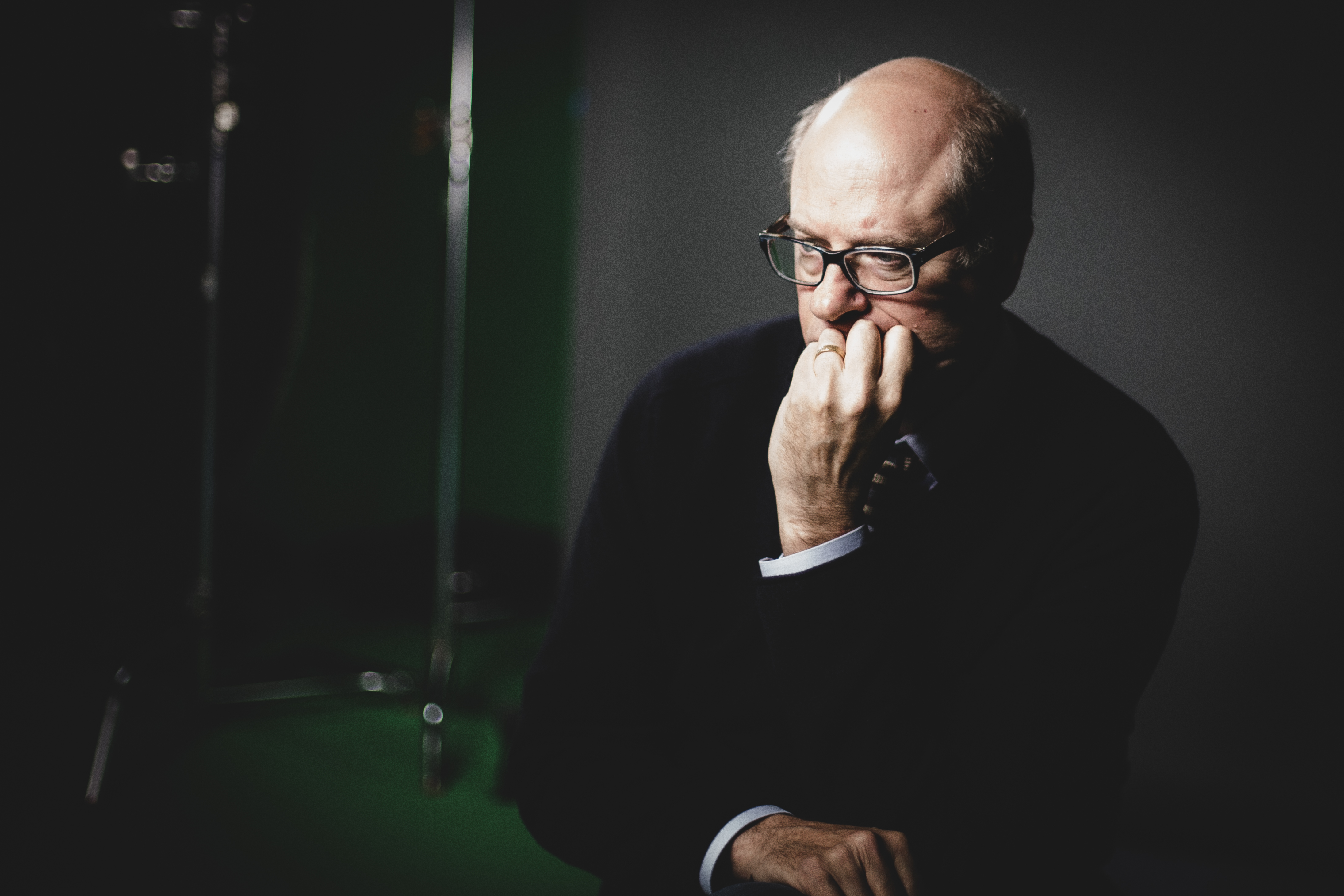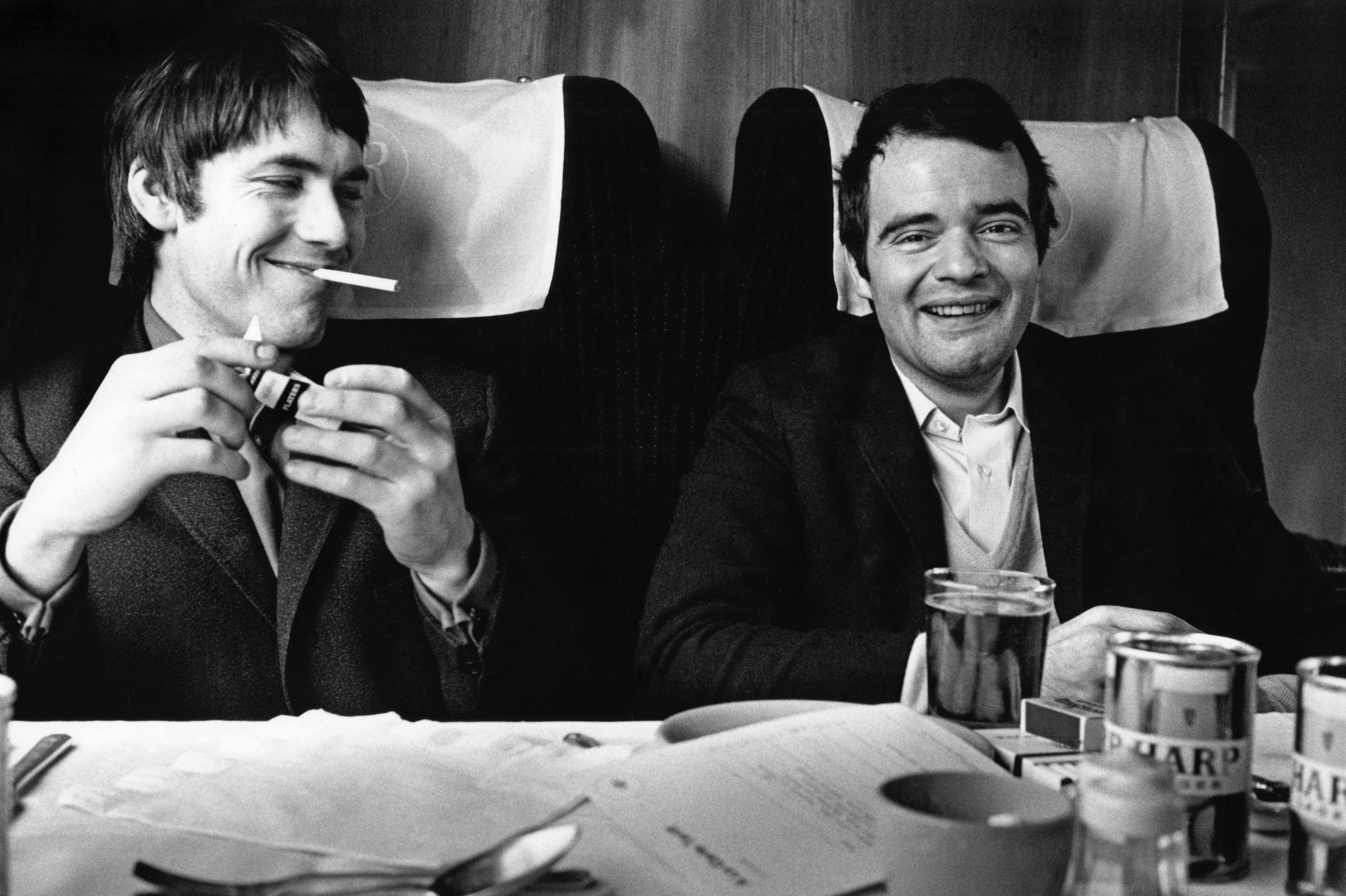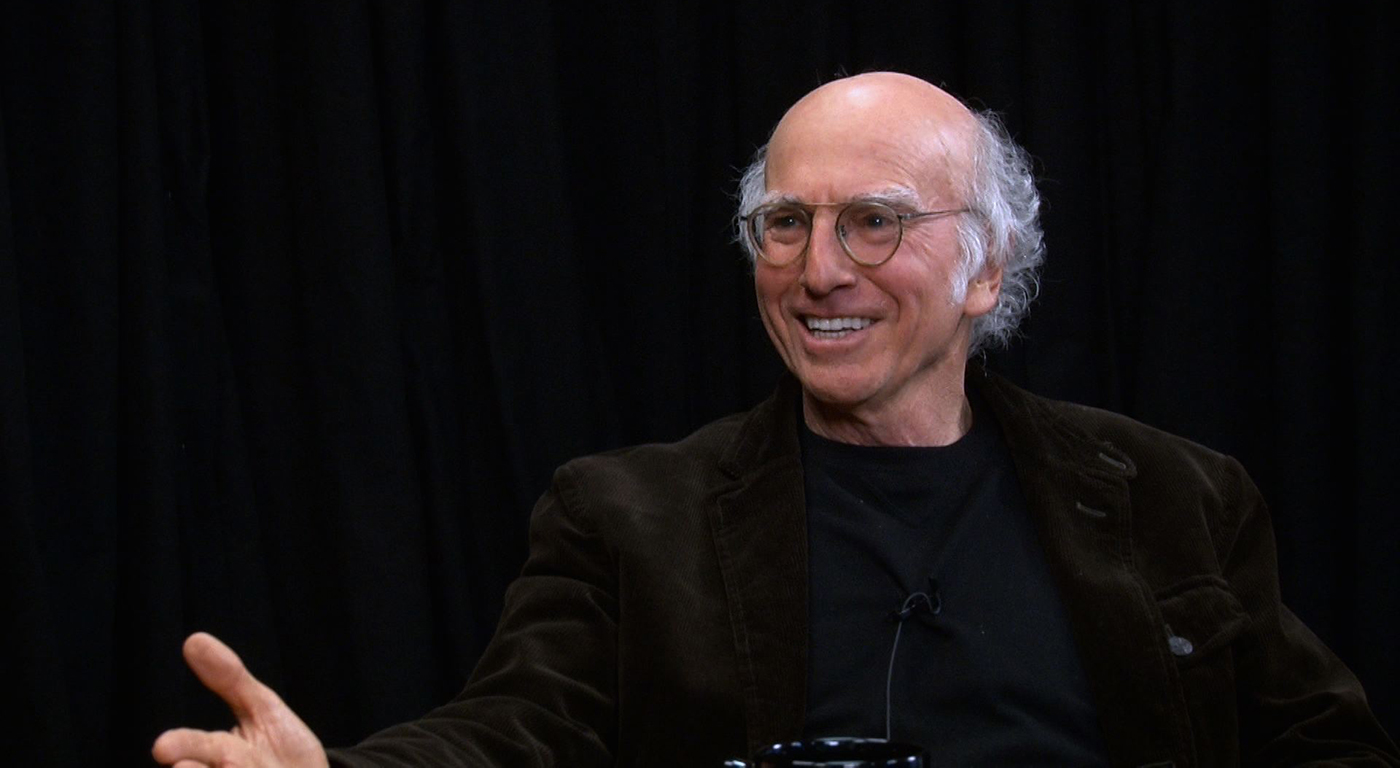My Brother the Devil
Opens Fri., April 19 at Varsity. Not rated. 111 minutes.
The closing credits for this British film, set in the council flats of London’s East End, thank the Sundance Institute for its support. Of course. Though set firmly in the melting pot of Britain’s low-income, high-crime slums, where Arab kids trade the old values of their immigrant parents for the gangsta glamour of the streets, this has all the hallmarks of a typical Amerindie drama: generational rebellion, bad decisions, hard lessons, and loaded metaphors.
“It’s about where you put your frame,” says photographer Sayyid (Said Taghmaoui) to Rash (James Floyd), a low-level drug runner in the local gang. He’s ostensibly referring to one of his photographs, but is really talking about how Rash (short for Rashid) frames his identity by the criminal codes of Hackney, where respect is defined by intimidation and fear and success is measured in longevity.
It looks like we’re in for Boyz in the Council Flats, with Rash as the gang-banger and potential object lesson for Mo (Fady Elsayed), his little brother with a future, yet it’s Rash who undergoes the evolution—the abrupt, out-of-nowhere realization that he’s gay. It’s less an acceptance of suppressed identity than a screenwriter’s dramatic complication. But then, the entire film is built more on issues than on human drama, including Mo’s hostility to big brother’s radical new identity. It’s not a matter of religious intolerance, mind you—Mo is as wary of Islam as he is of the cops. He’s just appalled at how this one-time playa betrays the gang by going homo. Or something like that.
Writer/director Sally El Hosaini is at her best capturing the emotional tumult of the brothers’ relationship, the roughhousing and teasing of boys being boys. Rash is both protective and competitive, wanting to keep Mo off the streets, while Mo over-idealizes the fraternal (if dysfunctional) bonds of the neighborhood dope-slingers. Meanwhile, the female experience gets completely overlooked amid the sexual politics, overburdened social commentary, fraternal rivalry, and competing notions of masculinity. El Hosaini spotlights homophobia in the Arab-British community, yet doesn’t consider how women are similarly dismissed as mere sex objects or nurturing figures on the periphery.
film@seattleweekly.com








